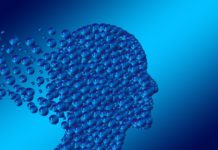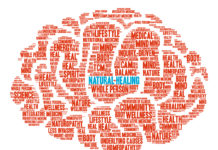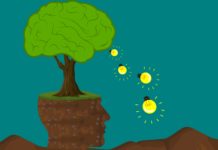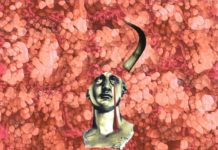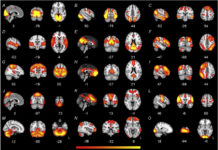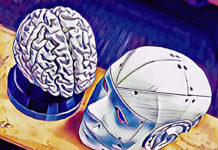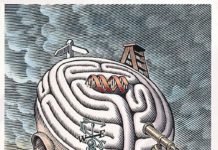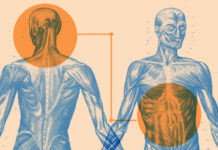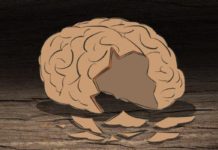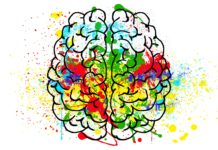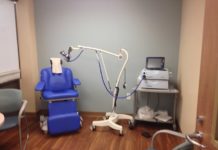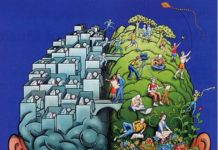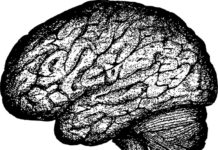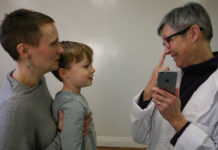Can a Conceptual Competence Curriculum Bring Humility to Psychiatry?
Training for conceptual competence in psychiatry provides a new way forward to address theoretical and philosophical issues in mental health research and practice.
Reimagining Healthcare
The conventional Western classification systems of health conditions are based on flawed science shaped by reductionist, hierarchical, and profit-driven ideologies. THEN wants to create a new paradigm built upon principles drawn from systems science, the life course perspective, developmental neurobiology, and other evidence-informed studies.
Psychiatry in Need of “Fundamental Rethinking”
Prominent researchers in psychiatry urge the field to move away from a rigid biological focus toward social and psychological perspectives to meet the needs of today’s world.
Non-Medical Treatments for PTSD Effective, Study Suggests
Group-based MBSR and PCGT therapies effective as a complementary treatment for PTSD.
A Blueprint for an ‘Ecosocial’ Person-Centered Psychiatry
New article pushes for a shift from a psychiatry centered on brain circuitry toward an 'ecosocial' view of mind, brain, and culture.
No Brain Connectivity Differences Between Autism, ADHD, and “Typical Development”
Neuroscience researchers find no differences in brain connectivity between children with diagnoses of autism, ADHD, and those with no diagnoses.
There is More to Mindfulness than the Brain
According to Lifshitz and Thompson, mindfulness is best understood as “complex orchestration of cognitive skills embodied in a particular social context.”
Mental Health Concerns Not “Brain Disorders,” Say Researchers
The latest issue of the journal Behavioral and Brain Sciences features several prominent researchers arguing that mental health concerns are not “brain disorders.”
New Evidence for Brain-Gut Link in Depression and Quality of Life
The first ever population-level study of the brain-gut connection in humans finds evidence for a link between gut bacteria and mental health.
Philosophers Challenge Psychiatry and its Search for Mechanisms of Disorder
Attempting to locate the mechanisms of psychiatric disorder is a step in the wrong direction and fails to challenge potentially unjust social practices.
Large Rigorous Study Debunks Popular Gene-Environment Theory of Depression
A large and rigorous meta-analysis fails to find support for the gene-environment interaction theory of depression.
New Study Finds That Lavender Extract Eases Anxiety
A new study in Frontiers in Behavioral Neuroscience has found that the smell of lavender extract has an anxiolytic effect.
Transcranial Magnetic Stimulation No Better Than Placebo for Treatment-Resistant Depression
A new study in JAMA Psychiatry found that transcranial magnetic stimulation was no better than placebo for treatment-resistant depression.
Questioning the Philosophical Assumptions of Neuroscience Research
Are philosophical misunderstandings behind the failure of neuroscience to provide useful clinical research?
Experts Question the Benefits of Brain Imaging Research for OCD
Two experts—a leading neuroscientist studying OCD, and a psychiatrist specializing in OCD treatment—question whether expensive brain imaging research has added anything to the treatment of OCD.
Social Scientists Question Growing Neuro Discourse
Anthropologists analyze discourse surrounding anthropological engagement with the neurosciences in an editorial recently published in Medical Anthropology.
Scientists Fight Against the Myth of the Normal or Optimal Brain
A new study out of Yale University uses evolutionary biology to debunk the idea that there is a “normal” or “optimal” brain.
Transcranial Electrical Stimulation Can’t Directly Alter Brain Patterns, Researchers Find
Due to the thickness of the scalp and skull, transcranial electrical stimulation (TES) is incapable of targeting networks of neurons in the brain.
Trauma Resiliency Model: A New Somatic Therapy for Treating Trauma
Report presents new body-based therapeutic approach for shock and complex developmental trauma.
Psychotherapy is THE Biological Treatment
Psychotherapy addresses the brain in the way it actually develops, matures and operates. The process for brain change involves deactivation — disuse, not utilizing the old brain map; and then creating a new one. Psychotherapy can deactivate maladaptive brain mappings and foster new and constructive pathways.
Brain Imaging Results Biased by Lack of Representative Data
What does "normal" brain development throughout childhood look like? It may depend on your demographics.
Findings Linking Depression to Abnormal Brain Activity Questioned
Meta-analyses fail to replicate findings linking abnormal brain activity to depression.
Brief Trauma-Focused Psychotherapies Effective for Children with PTSD
Eye Movement Desensitization and Reprocessing Therapy and Cognitive Behavioral Writing Therapy both reduce PTSD symptoms in children who experienced a single traumatic event.
New Data on the Adverse Effects of Meditation and Mindfulness
Study reports on the less-examined findings of difficult and painful meditation-related experiences.
United Nations Report Calls for Revolution in Mental Health Care
In a new report, the United Nations Special Rapporteur on the right to health, Dr. Dainius Pūras, calls for a move away from the biomedical model and “excessive use of psychotropic medicines.”

